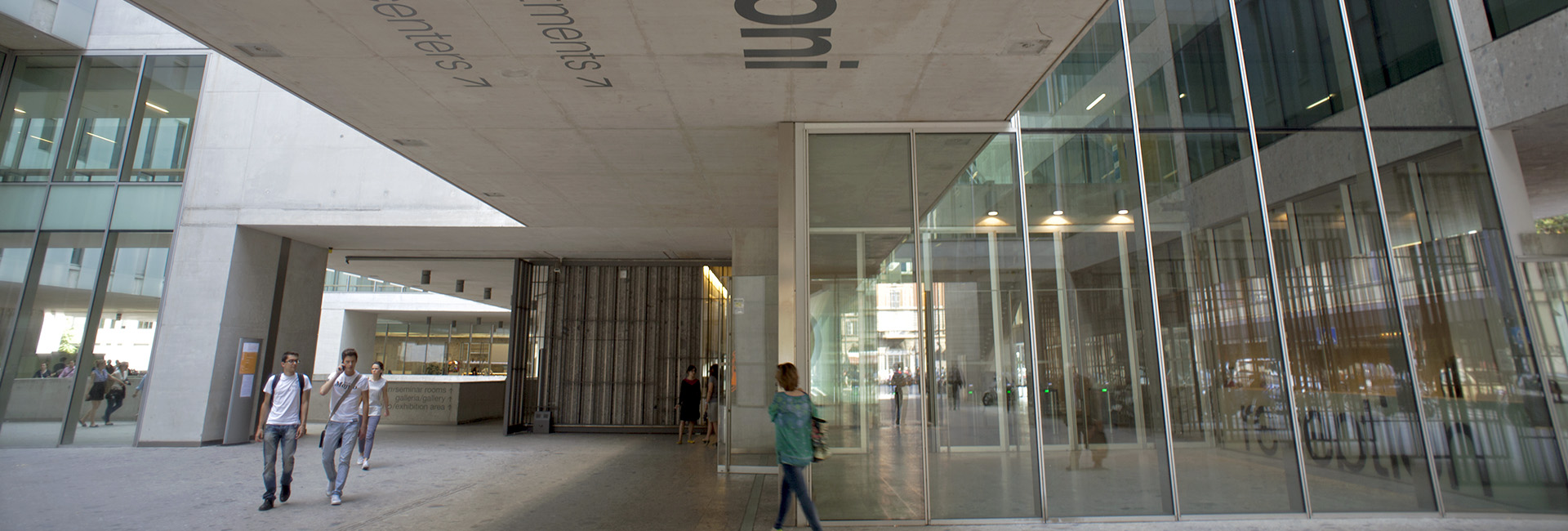8097 - MICROECONOMETRICS
Course taught in English
Go to class groups 31
Course Objectives
Microeconometrics is the branch of economics that empirically tests the behavioural implications of microeconomic theory using large individual-level datasets, e.g. labour force surveys, population or firm census. This course aims at introducing the students to these techniques, through a combination of theoretical lectures and applied computer sessions. To deal with the topics covered here it is recomanded that students have some knowledge of the contents of basic econometrics and the mathematical and statistical techniques used therein. At the end of the course students will be able to identify and use the most suitable techniques and data for the empirical test of microeconomic theories.
Course Content Summary
- Review of linear estimation techniques: ordinary and generalised least squares.
- Non linear estimation techniques: maximum likelihood estimation and other optimisation methods.
- Discrete response models: Probit model, Logit model, binomial and multinomial models, ordered data models, Poisson regressions.
- Censored and truncated dependent variables: Tobit models.
- Sample selection: models with linear and non-linear selection rules.
- Linear models for panel data: fixed- and random-effect regressions.
- Models for the analysis of duration data.
The theoretical lectures will be combined with applied sessions during which students will be introduced to the software STATA.
Textbooks
-
J.M. WOOLDRIDGE, Econometric Analysis of cross section and panel data, MIT Press, 2002.
-
Additional readings will be provided at the beginning of the course.
Detailed Description of Assessment Methods
Written Exam.





